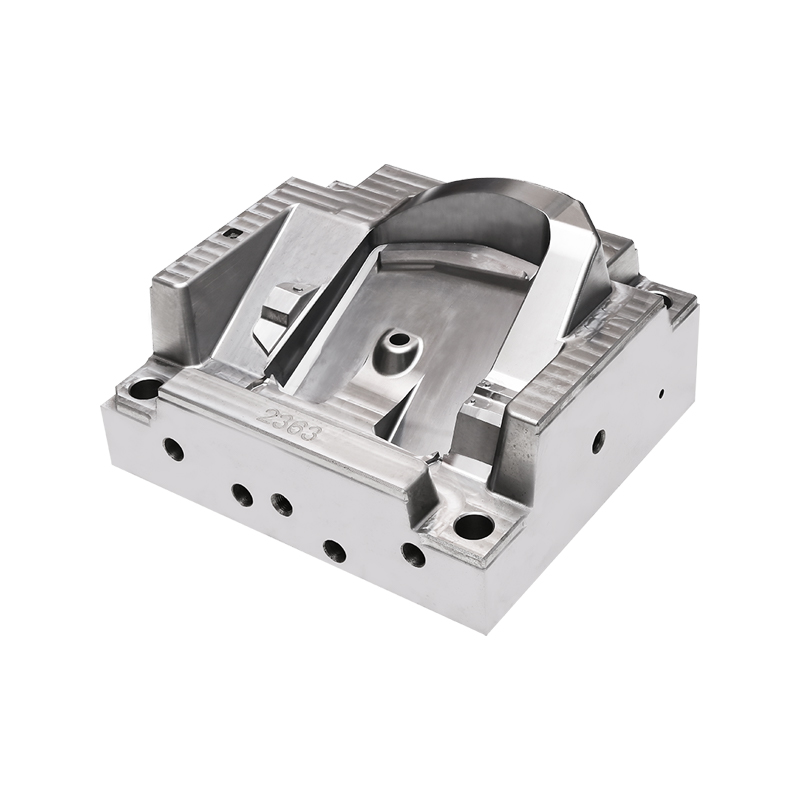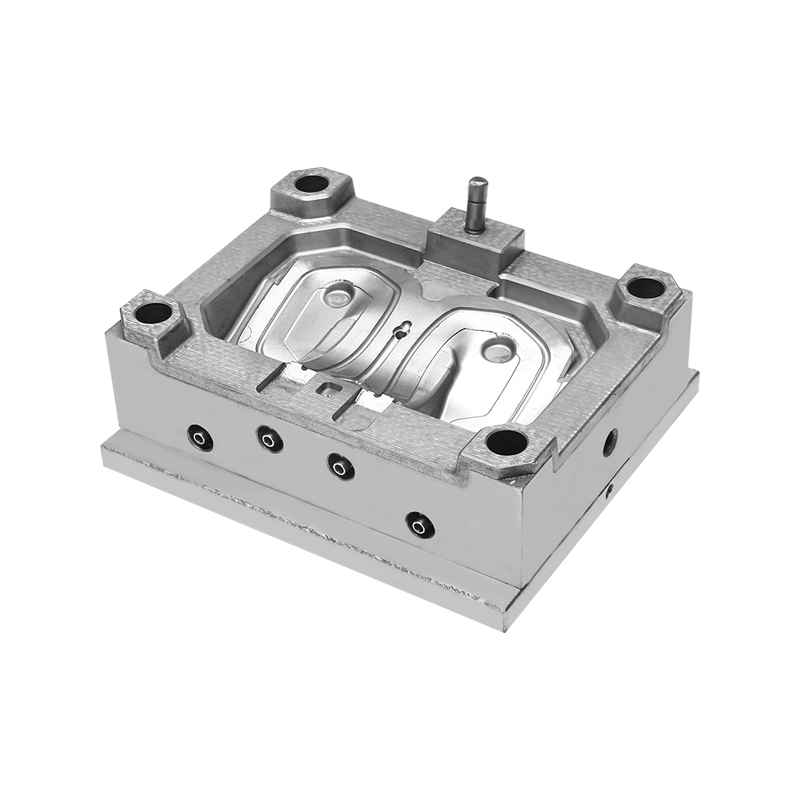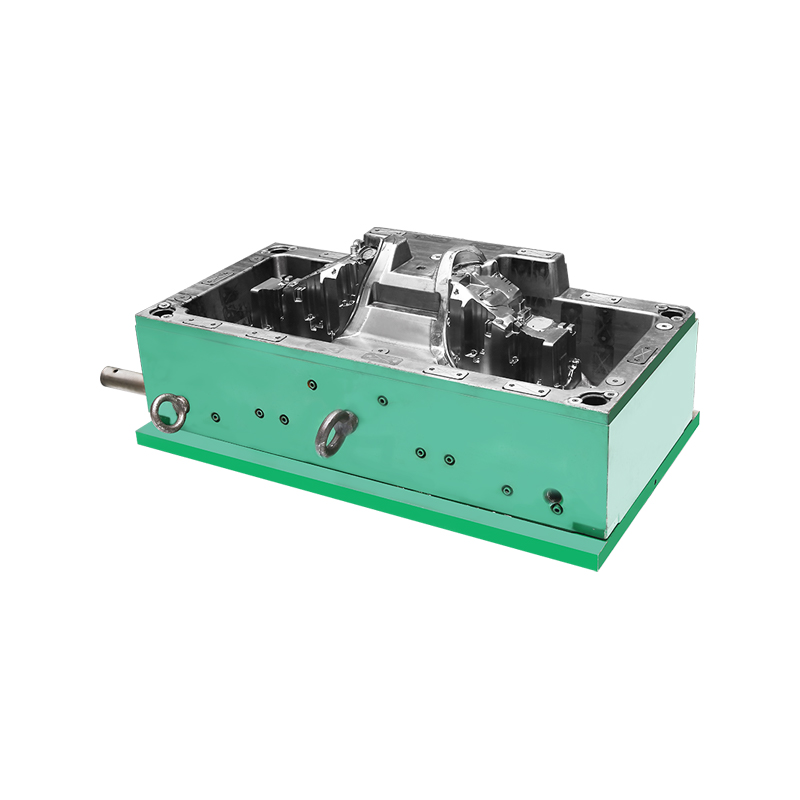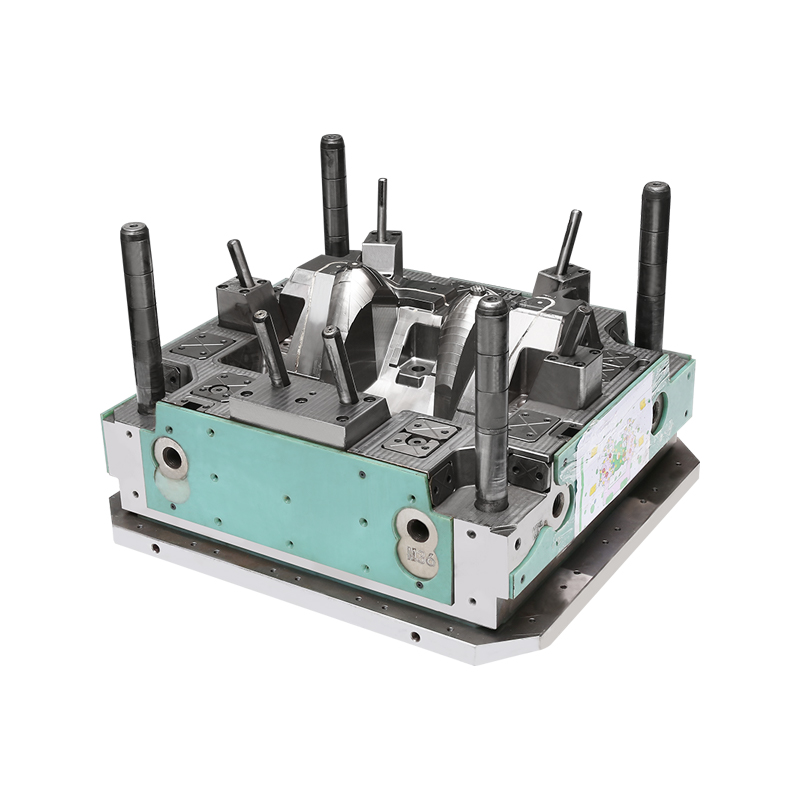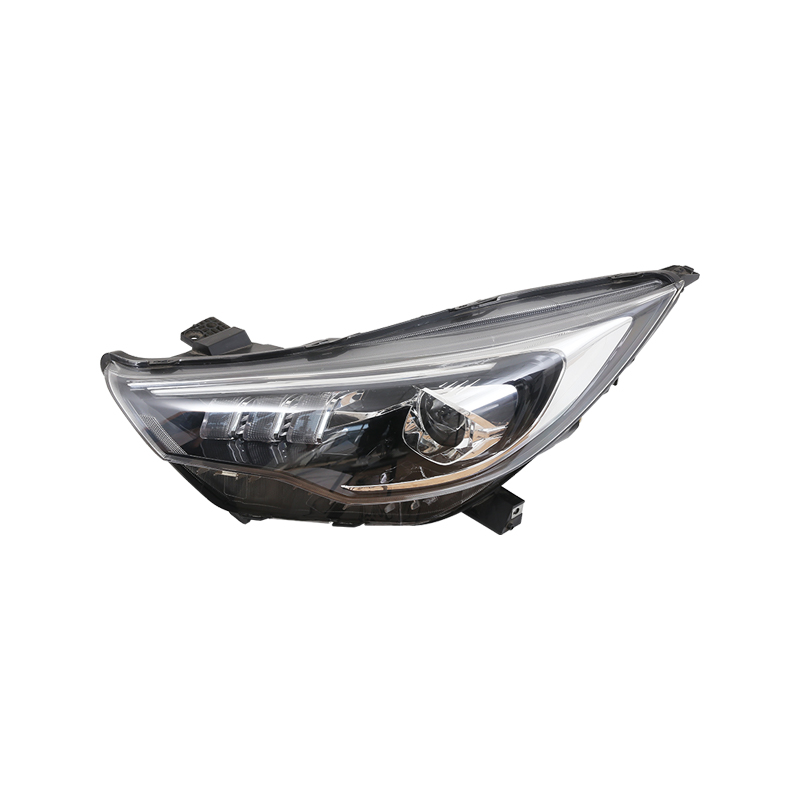In the automotive industry, the reliability and longevity of components are paramount. One crucial element that plays a significant role in the production of high-quality automotive lighting systems is the Automotive Lighting Guide Plastic Injection Mould. The durability of these moulds directly affects the efficiency, cost-effectiveness, and quality of the manufacturing process.
High-Quality Material Selection
The foundation of a durable Automotive Lighting Guide Plastic Injection Mould lies in the selection of high-quality materials. Using grade steels, such as H13 or P20, enhances the mould’s resistance to wear, corrosion, and thermal fatigue. These materials offer hardness and toughness, essential for enduring the high pressures and temperatures involved in the injection moulding process. Investing in premium materials upfront can significantly extend the mould’s lifespan, reducing the need for frequent repairs or replacements.
Advanced Mould Design
Innovative Plastic Injection Mould Maker design is crucial for improving the durability of Automotive Lighting Guide Plastic Injection Mould. Employing advanced computer-aided design (CAD) software allows for the creation of intricate and precise mould structures that distribute stress evenly. Features such as uniform wall thickness, rounded corners, and proper venting can reduce the risk of defects and wear. Additionally, incorporating cooling channels within the mould design helps in maintaining consistent temperatures, preventing thermal stress and enhancing the Plastic Injection Mould Maker’s longevity.
Surface Treatment and Coating
Surface treatment and coating techniques are effective strategies to enhance the durability of Automotive Lighting Guide Plastic Injection Mould. Processes like nitriding, hard chrome plating, and PVD (Physical Vapor Deposition) coatings can significantly improve the surface hardness and wear resistance of the mould. These treatments create a protective layer that reduces friction, prevents corrosion, and enhances the Plastic Injection Mould Maker’s ability to withstand repetitive use. Regular application of these treatments can help in maintaining the mould’s integrity and performance over extended periods.
Precision Machining
Precision machining plays a pivotal role in the durability of Automotive Lighting Guide Plastic Injection Mold Company. Utilizing high-precision CNC (Computer Numerical Control) machines ensures that the mould components are manufactured to exact specifications, reduce the risk of misalignment and uneven wear. The accuracy achieved through precision machining reduces the likelihood of defects and enhances the overall quality of the mould. Investing in machining technology is essential for producing durable and reliable Plastic Mold Company.
Regular Maintenance and Inspection
Implementing a routine maintenance and inspection schedule is vital for extending the life of Automotive Lighting Guide Plastic Injection Mould. Regular cleaning, lubrication, and inspection of the mould components help in identifying potential issues early, preventing minor problems from escalating into major failures. Maintenance practices such as polishing the mould surfaces, checking for wear and tear, and ensuring proper alignment can significantly enhance the mould’s durability. A proactive approach to maintenance ensures that the mould remains in condition, reducing downtime and production disruptions.
Optimized Injection Moulding Process
Optimizing the injection moulding process is another critical strategy for improving the durability of Automotive Lighting Guide Plastic Injection Mold Company. Parameters such as injection speed, pressure, and temperature must be carefully controlled to prevent excessive stress on the mould. Using advanced process monitoring systems can help in maintaining consistent moulding conditions, reducing the risk of thermal fatigue and mechanical wear. Properly calibrated injection moulding machines ensure that the mould operates within its designed limits, enhancing its longevity.
Cooling System Efficiency
Efficient cooling systems are essential for maintaining the durability of Automotive Lighting Guide Plastic Injection Mould. Proper cooling reduces the thermal load on the mould, preventing overheating and thermal fatigue. Incorporating conformal cooling channels within the mould design allows for uniform and efficient heat dissipation. Additionally, using high-quality cooling fluids and ensuring adequate flow rates can further enhance the cooling efficiency. Maintaining cooling conditions helps in preserving the Plastic Mold Company’s structural integrity and extending its service life.

 English
English 中文简体
中文简体 русский
русский Español
Español
